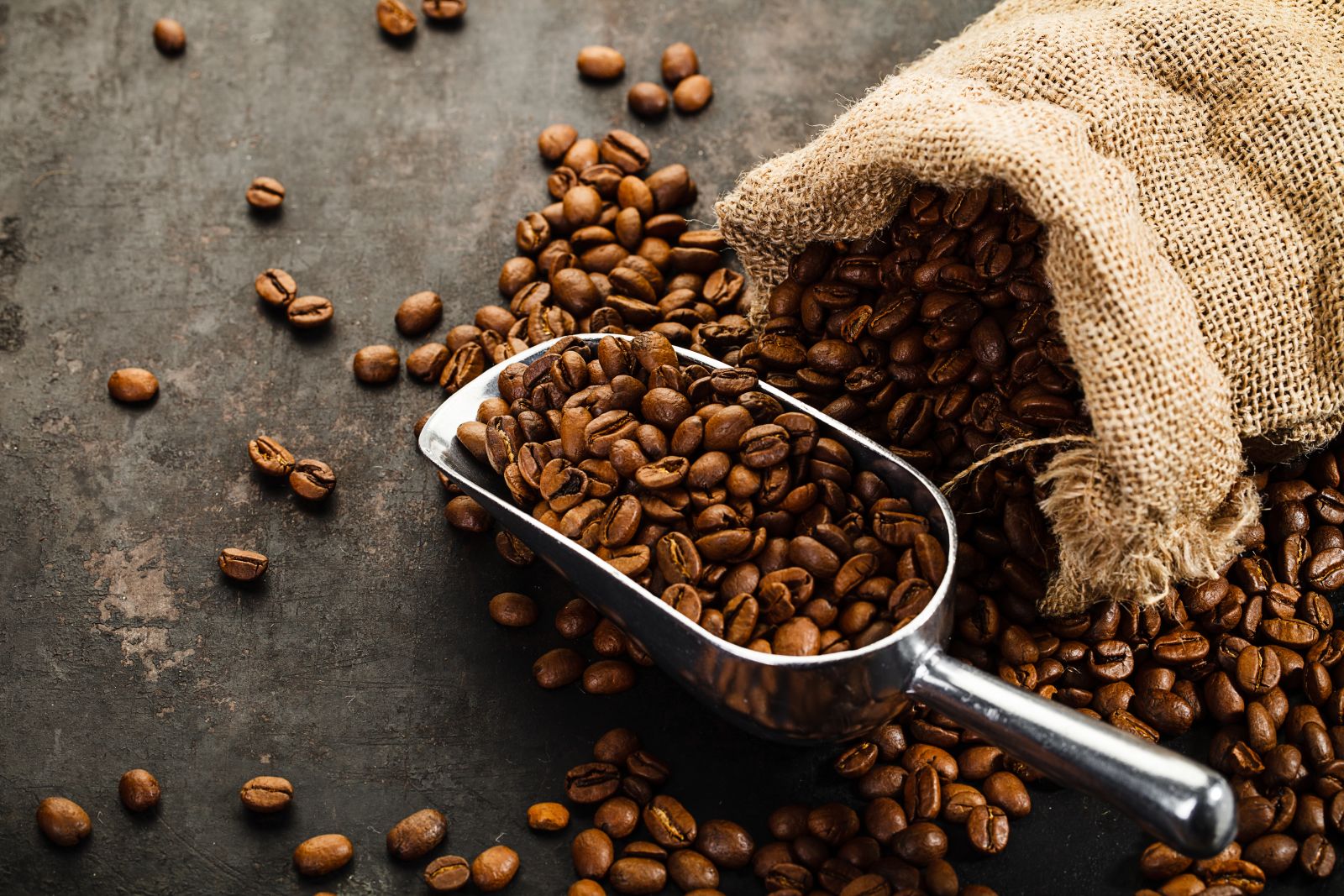Coffee Prices Settle Lower on Tariff Woes

September arabica coffee (KCU25) on Wednesday closed down -5.30 (-1.77%), and September ICE robusta coffee (RMU25) closed down -18 (-0.53%).
Coffee prices retreated on Wednesday due to tariff concerns, as President Trump has yet to exempt coffee from his 50% tariff on Brazilian exports. The tariff could hurt sales of Brazilian coffee to the US and boost Brazil's coffee inventories.
In a bearish factor, the International Coffee Organization (ICO) on Wednesday reported that global June coffee exports rose +7.3% y/y to 11.69 million bags, although cumulative Oct-Jun coffee exports were down -0.2% y/y at 104.14 million bags.
Below-average rainfall in Brazil is a positive factor for coffee prices. Somar Meteorologia reported Monday that Brazil's largest arabica coffee-growing area, Minas Gerais, received 2.7 mm of rain during the week ended August 2, only 31% of the historical average.
A decline in ICE arabica coffee inventories is also supportive of arabica prices as ICE-monitored arabica coffee inventories fell to a 14.5-month low of 751,044 bags Wednesday. Conversely, ICE robusta coffee inventories have increased, a bearish factor for robusta prices, after ICE-monitored robusta coffee inventories rose to a 1-year high of 7,029 lots last Monday.
An excessive short position by funds in robusta coffee futures could lead to short-covering. ICE Futures Europe reported last Friday that funds boosted their net-short positions in ICE robusta futures by 1,226 to 5,854 short positions in the week ended July 29, the most in two years.
The ongoing Brazil coffee harvest is weighing on coffee prices. Brazil's Cooxupe coffee co-op announced Tuesday that the harvest among its members was 74% complete as of August 1. Cooxupe is Brazil's largest coffee cooperative and Brazil's largest exporter group. In related news, Safras & Mercado reported last Friday that Brazil's overall 2025/26 coffee harvest was 90% complete as of July 30, ahead of the comparable level of 87% last year and the 5-year average of 84%. The breakdown showed that 98% of the robusta harvest and 85% of the arabica harvest were complete as of July 30.
Coffee prices have retreated over the past three months on the outlook for abundant coffee supplies. Last month, arabica coffee tumbled to an 8-month low and robusta sank to a 1.25-year nearest-futures low. On June 25, the USDA's Foreign Agricultural Service (FAS) forecasted that Brazil's 2025/26 coffee production will increase by +0.5% y/y to 65 million bags and that Vietnam's 2025/26 coffee output will rise by 6.9% y/y to a 4-year high of 31 million bags. Brazil is the world's largest producer of arabica coffee, and Vietnam is the world's largest producer of robusta coffee.
Smaller coffee exports from Brazil are positive for prices after Cecafe reported on July 16 that Brazil's total Jun green coffee exports fell -31% y/y to 2.3 million bags, with arabica exports down -27% y/y to 1.8 million bags and robusta exports down -42% y/y to 476,334 bags.
Due to drought, Vietnam's coffee production in the 2023/24 crop year decreased by -20% y/y to 1.472 MMT, the smallest crop in four years. Also, Vietnam's General Statistics Office reported that 2024 Vietnam coffee exports fell by -17.1% y/y to 1.35 MMT. Additionally, the Vietnam Coffee and Cocoa Association reduced its 2024/25 Vietnam coffee production estimate to 26.5 million bags on March 12, down from a December estimate of 28 million bags. By contrast, the Vietnam National Statistics Office reported Tuesday that Vietnam's Jan-Jul 2025 coffee exports were up +6.9% y/y to 1.05 MMT.
The USDA's biannual report, released on June 25, was bearish for coffee prices. The USDA's Foreign Agriculture Service (FAS) projected that world coffee production in 2025/26 will increase by +2.5% y/y to a record 178.68 million bags, with a -1.7% decrease in arabica production to 97.022 million bags and a +7.9% increase in robusta production to 81.658 million bags. The USDA's FAS forecasts that 2025/26 ending stocks will climb by +4.9% to 22.819 million bags from 21.752 million bags in 2024/25.
For the 2025/26 marketing year, Volcafe projects a global 2025/26 arabica coffee deficit of -8.5 million bags, wider than the -5.5 million bag deficit for 2024/25 and the fifth consecutive year of deficits.
On the date of publication, Rich Asplund did not have (either directly or indirectly) positions in any of the securities mentioned in this article. All information and data in this article is solely for informational purposes. For more information please view the Barchart Disclosure Policy here.